In the dining room of my home, with leftovers of dinner spread out over the flowered table cloth, laced doilies covering every visibly flat surface, and strange figurines peaking out from the silverware cabinet, Victoria and I sat talking about her childhood. Victoria told me that she was one of 12 children born to a very poor Guatemalan family. Her mother was always tired from working and her father was generally too drunk to have a steady job. She started working when she was seven years old, after only two years of school. In her home town of Quetzaltenango (very cold climate) she had slept on the ground with her brothers and sisters because the family didn’t own beds. She remembered receiving her first pair of shoes when she was 15 years old. She talked about not being educated and held up her calloused hands, saying that these were the reason that she was still alive. She has worked hard her entire life for the things she has. She looked around her dinning room, her kingdom, and added that she never would have dreamed that one day she would own a home. Not one like this.
Henry drove us through the foggy, curving hills surrounding Quetzaltenango and talked about how he had learned English, a story which I have heard over a dozen times. He worked in the U.S. for a couple of years doing “a little bit of everything.” He described this part of his life as terrible. Not because of living conditions (although they were pretty terrible too – sharing a single home with dozens of people, sleeping in shifts in order to save more money to send back home), but because he left his wife and 5 year old son behind. He said, “No one should have to live like that. Alone.” He told us that for the first two years he talked to his son on the phone every night; because he wanted his son to remember who he was. He was terrified of his son forgetting him. And his son was terrified of his father forgetting him – he would ask his father “Do you still love us Daddy? Do you have another wife there? Do you have other children?” This broke his heart. He said that most men do get remarried and start new families after two or more years, but he couldn’t do that to his family. So he came back. And now he is the center of his son’s universe. He said that his son never leaves his side. When I asked him where he would prefer to live, he said firmly, “With my family.” When I clarified and asked if he would prefer to live in the states or here in Guatemala, he thought for a second and then said: “In the U.S. you can work there for three months and save enough money to buy a car, but here you can work for 5 years and not make anything. Life is better there.”
I met my friend Vinicio through the magic of music. Every morning I woke up to reggaeton thumping through my bedroom wall and decided that I needed to meet the mystery neighbor behind the hip-hop beats. I was greeted by a genuine mustached smile, English gangster slang and South Side LA tattoos covering most of his body. As we swapped music, we swapped stories and I learned that he had been in jail for the past three years (his second time) and that he had been let out early. He told me his story with as much honesty and sincerity as one could imagine. He didn’t hide anything; the good or the bad. Vinicio was born in Guatemala, but moved to Los Angeles with his family when he was about five years old. He described himself as the black sheep of his family and said that he got involved with gangs when he was really young (his first time in jail was age 17). After he got out this second time, he knew that he could never really go back to L.A. because he would just be killed. One way or another, the gangs would suck him back in and he would end up dead. So without anything but the clothes on his back he took all of his money and bought a plane ticket to Guatemala. He talked about wanting to do better by his Lord and about how he loved his God and his Virgin Mary in a way that he just couldn’t understand when he was younger. He talked about wanting to turn it around and live right. Working two honest jobs here in Antigua and staying away from Guatemala City (where there is a twin gang for every gang in the U.S.) are his best bets at starting over. Vinicio talked about how hard life was in jail – “I learned respect in jail. You have to. Even something like moving the TV screen can get you stabbed if you don’t ask first. You have to respect everything and everyone or else you will end up dead.” And he described how hard it is adjusting to life outside of jail. Breaking habits like eating meals in silence and adjusting to sleeping in a room alone are the minor things. What is hardest for him is that he doesn’t really feel connected to anyone here. He is without any real friendship. His family back home doesn’t believe that he has started over (which he doesn’t blame them for, cause he hasn’t given them much to believe in), and his second family, his gang, the ones that he grew up with, the ones that would have died for him (and he clarified that no one ever wants to die, but you back your boys and fight for them) he must avoid and hide from. He is alone in a foreign homeland.
Everywhere that I have visited in the world, people are all saying the same thing: “We want a safe home, we want a loving family, we want true friends.”

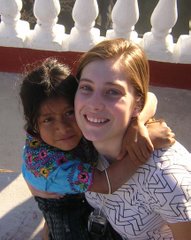

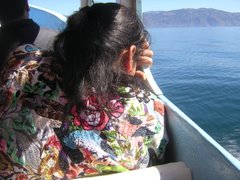




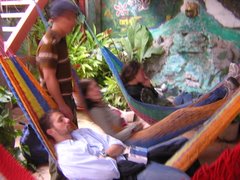


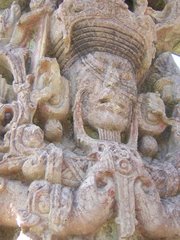
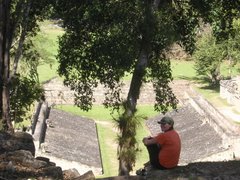
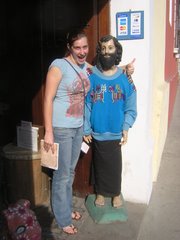

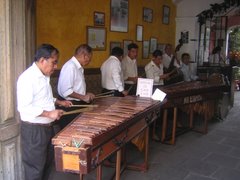
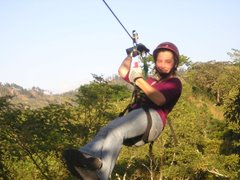
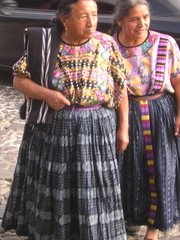

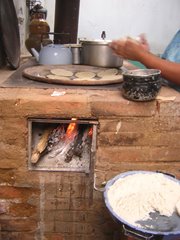


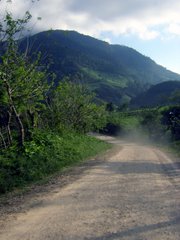
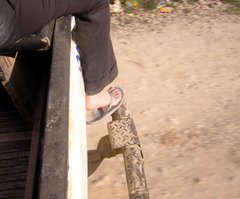
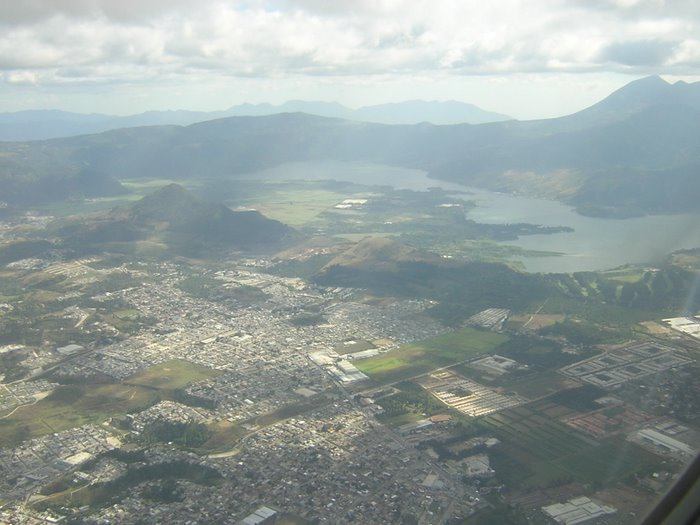
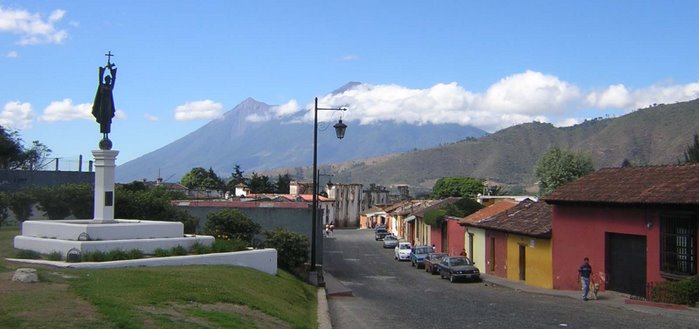
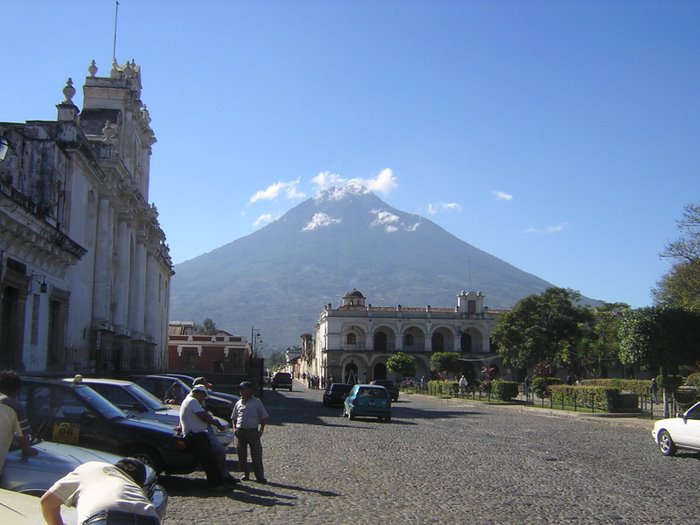
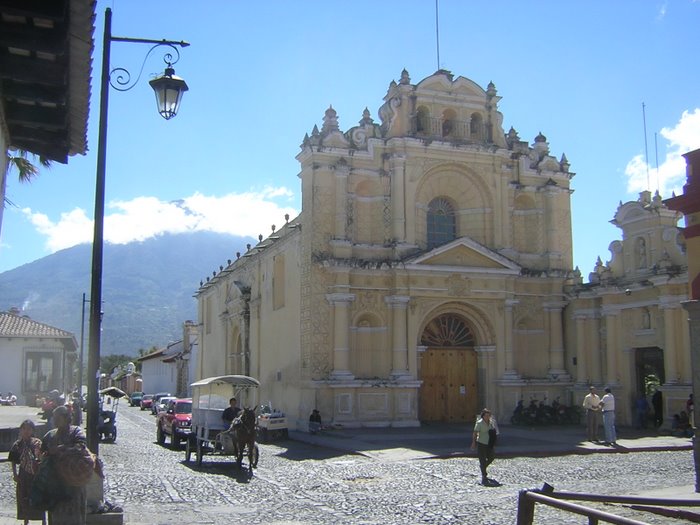

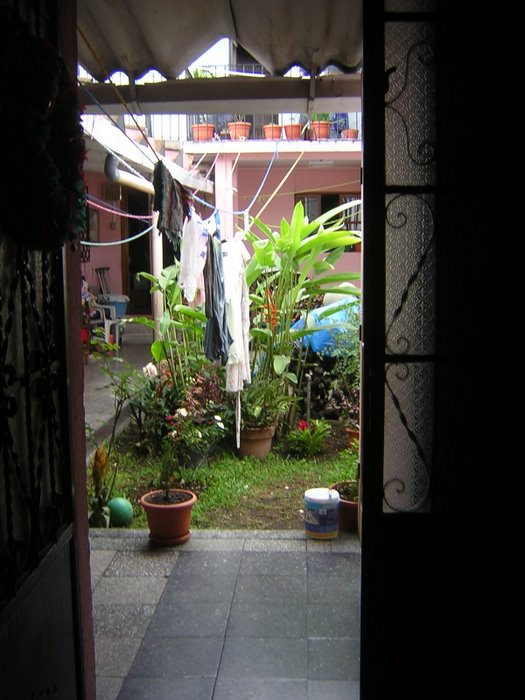
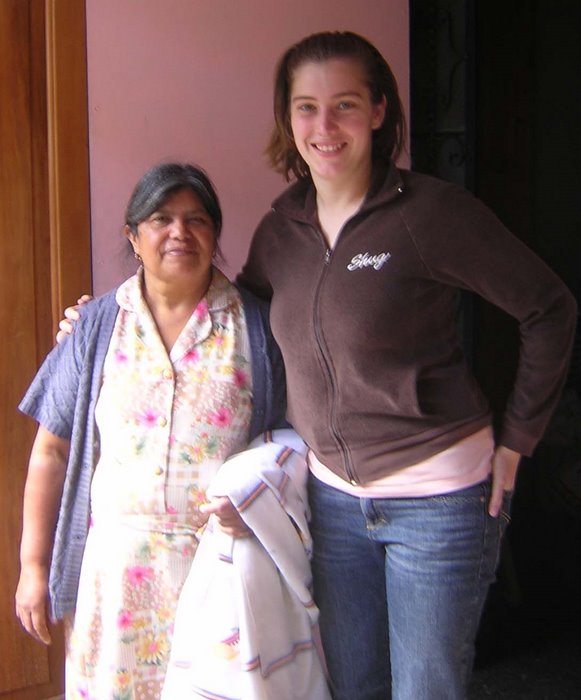



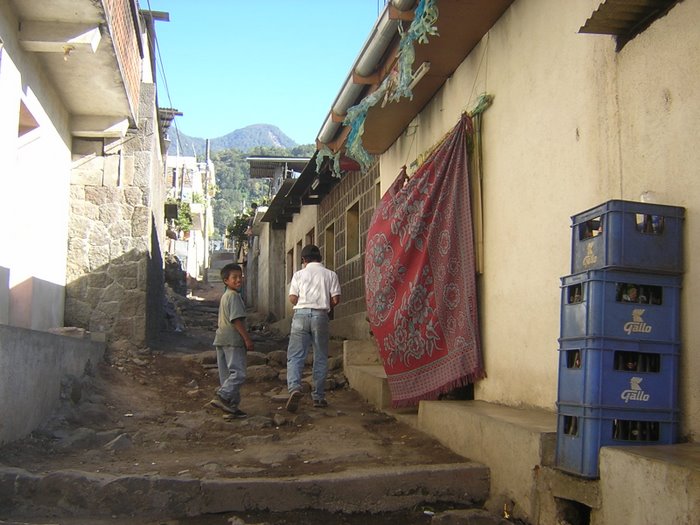
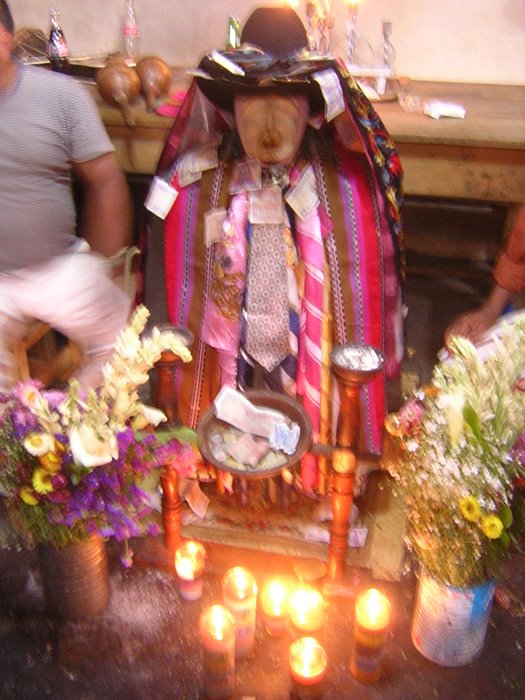

1 comment:
Hey I was reading your blog because Jill sent it to the kids who are going to Antigua this summer. This entry has been sitting in my head for the last couple of days and it's really just spot on. The last paragraph is one of the most honest things I've ever read. It's gotten me really excited to head down there in a few weeks and see everything for myself. Thanks so much for writing this and hope you had a good time down in guatemala, I'm sure you did!
Claire Conrad
Post a Comment